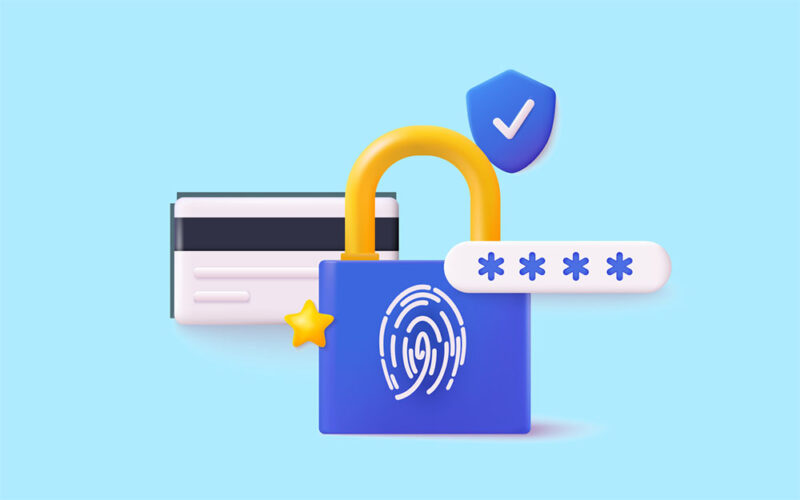Arrival of digital banking that may include mobile banking and online banking made things easy for users and helped them manage their finance without any hassle. Digital banking has certainly made life of scores of users easy as they can now pay their bills, deposit cheque, and send money anywhere and anytime without any difficulty. Scores of people prefer to bank digitally amid its several benefits. However, innovation in technology made hackers too smart enough to constantly put users on their toes. They continuously innovate ways to steal your money. But a few key steps will not only help you secure online and mobile banking but will keep your information safe as well.
Recently, Indian Computer Emergency Response Team (CERT-In) under IT Ministry observed Cyber Jaagrookta Diwas on April 3. In order to mark the event, government cybersecurity watchdog provided crucial tips that can go a long way in protecting your password. Here are some key tips that can help you keep your password safe:
- Never forget to enable multi-factor authentication
- Always avoid same passwords for many accounts
- Do not forget to log out after every online session
- Avoid using common things as your passwords such as your street name and pet name
- Change your passwords in regular intervals
- Do not use dictionary words as your passwords
- Your password should be a combination of lowercase and uppercase alphabets. It must consist number and symbols
- Avoid clicking suspicious links that you may receive through email or messages
- Create passwords that can be difficult to speculate
- Avoid passwords that are very short, easy as hackers may crack them without any difficulty
CERT offered some crucial practices to keep users secure from phishing attacks. CERT offers useful tips to create awareness and sensitise internet users to safeguard them against rising cybercrimes:
- Don’t click on unknown links or attachments received through e-mail, message, or social media
- Keep device secure with updated antivirus
- Avoid filling forms that come with unsolicited e-mails
- Do not open emails or advertisement offering free downloads
- Enable your spam email filters
- Do not respond to emails containing threatening content
- Do not open emails with spelling errors or usually hyperlinks
- Do not open emails creating sense of urgency
- Do not click on shortened URLs
